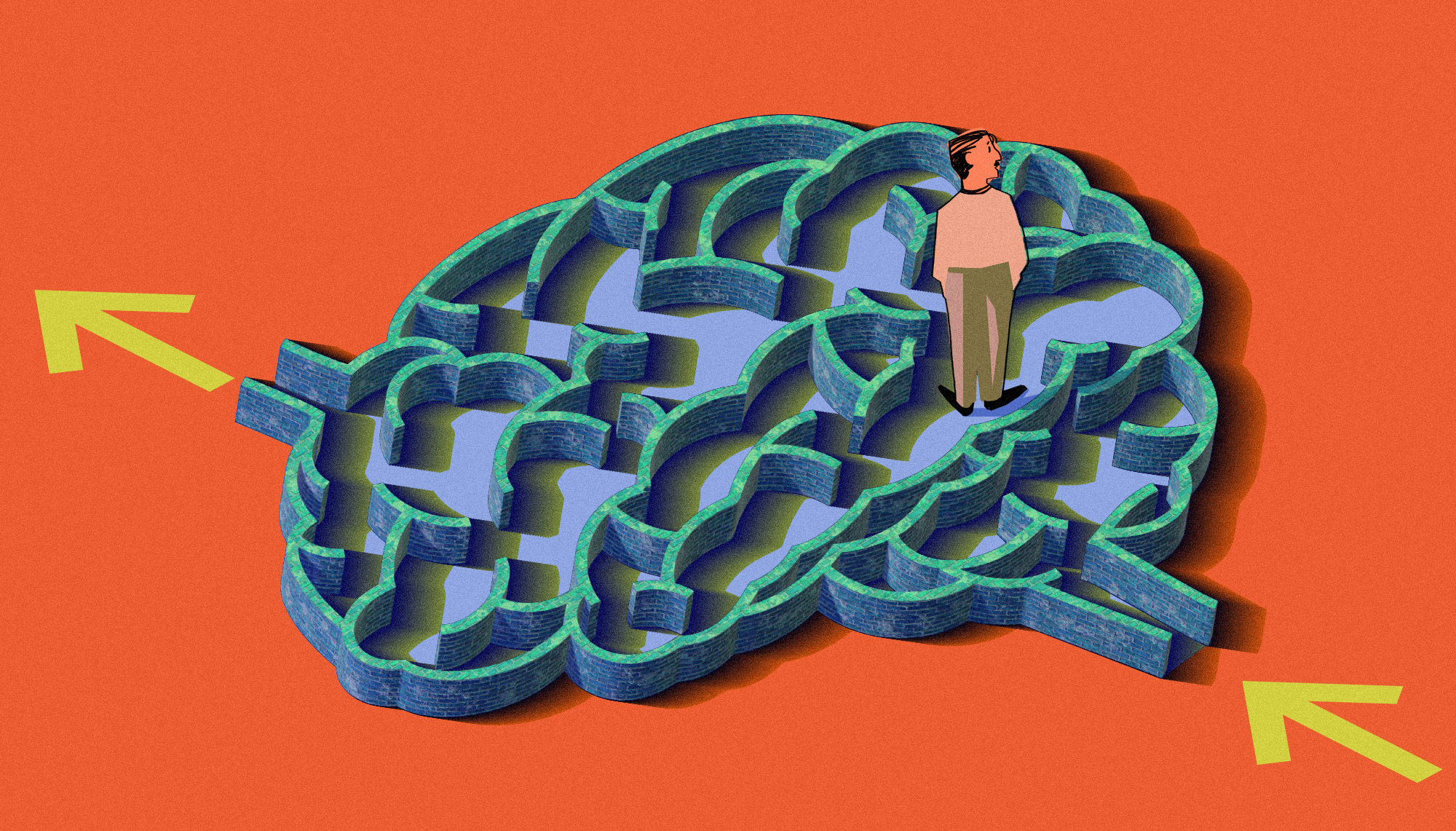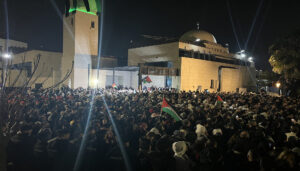Written By: Farah Mehdawi
 Sometimes, a transparency seen in an actor’s solo performance will not be as amazing (in terms of following a script) as much as the little details and reflections of the performance as a whole. It was in reality that Antigone’s spoke and let the soul swoon for the melodies of its beats. On October 23, as a part of the cultural activities sponsored by the Spanish Embassy and the Spanish Cultural Center (Cervantes) in Amman, the Royal Cultural Center hosted the Spanish play Antigone’s Heart.
Sometimes, a transparency seen in an actor’s solo performance will not be as amazing (in terms of following a script) as much as the little details and reflections of the performance as a whole. It was in reality that Antigone’s spoke and let the soul swoon for the melodies of its beats. On October 23, as a part of the cultural activities sponsored by the Spanish Embassy and the Spanish Cultural Center (Cervantes) in Amman, the Royal Cultural Center hosted the Spanish play Antigone’s Heart.
Antigone’s Heart is a play, depicted from the Greek Tragedy of Sophocles Antigone the daughter of Oedipus, who defies the rules of men seeking glory by destruction, to raise the name of God having faith in family and peace. The play was in the form of a monologue consisting of nine scenes, and was all done by the Spanish actor Maria Jose Garcia. The actor’s skillful performance seems to have gathered in the character of Antigone all the discrepancies of human nature.
In the scope of one character, Antigone, through all the scenes, seems to pass through moments of happiness, sadness, misery, and anger. Feelings conveyed delivered more than just the real theme of the Greek Antigone, as the ancient epic, spoke of conflicts between the wishes of the heart and the purity of belief as well as the whims of vindictive men seeking eternal fame by bloodshed.
The first scene of the play starts with Antigone performing a ritual. A spotlight is casted over the whole stage where there appears to be a morsel of sand – some blocks on the opposite side with wallpaper in the background showing segments of horrific war images. Then Antigone appears looking old and dressed in black, staggering around the stage with a coffin in one hand and a cage in another. In the first episode, Antigone recalls her love Haemon and his tyrant father Creon, thinking how history has an intriguing way of repeating itself and it is always the same story. Then she wonders whether she was the real Antigone, or just another one re-narrating the sad story of Antigone’s heart.
Indeed, it is Antigone’s heart that holds the saddest memories of her brother Polynices and her love Haemon, as it becomes a symbol for a world of unspoken miseries. Memories of wars and catastrophes fought allegedly in the name of justice and done by the law of nature, but in reality violating the law of God for having a sane and a merry life. A heart filled with stories of tragedies, of unspoken stories of death, of oppression and tyranny that inflicted people with a cursed life of having to conform to man’s law. Antigone’s Catharsis speaks the conscious through yearning for peace and justice, while beseeching God for a better fate than the misery granted upon the lives taken by the malice of wars.
Through the episodes of the play, Antigone talks with her sister Ismene, convincing her to bury their brother Polynices who was left unburied and penalized for believing in God’s law of peace. Antigone confronts Creon who accuses her of lunacy, and being a traitor as well as an infidel to the law of citizenship. Then she talks to Haemon her love and the son of Creon, expressing her need for love, passion, and longing for motherhood.
In the last episode, Antigone dances hysterically with the beating of the drums, twirling around holding Teiresias the old prophet. A scene expresses the reversed flow of universal code; having wars as a default status for living and predicting miseries for generations to come.










